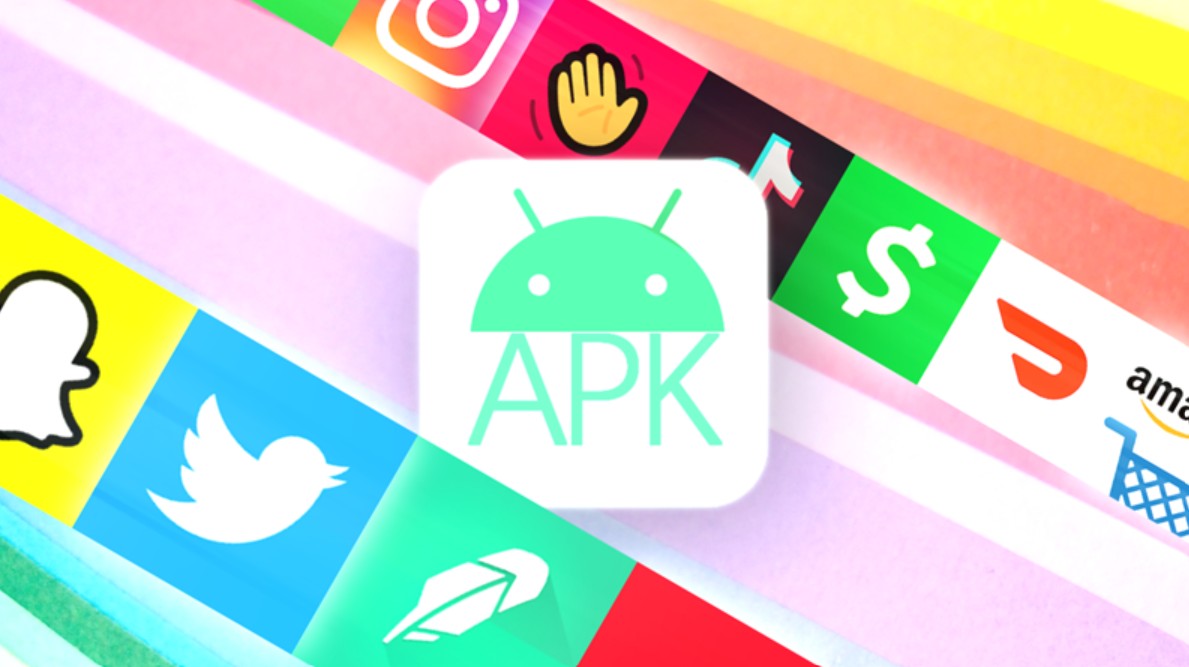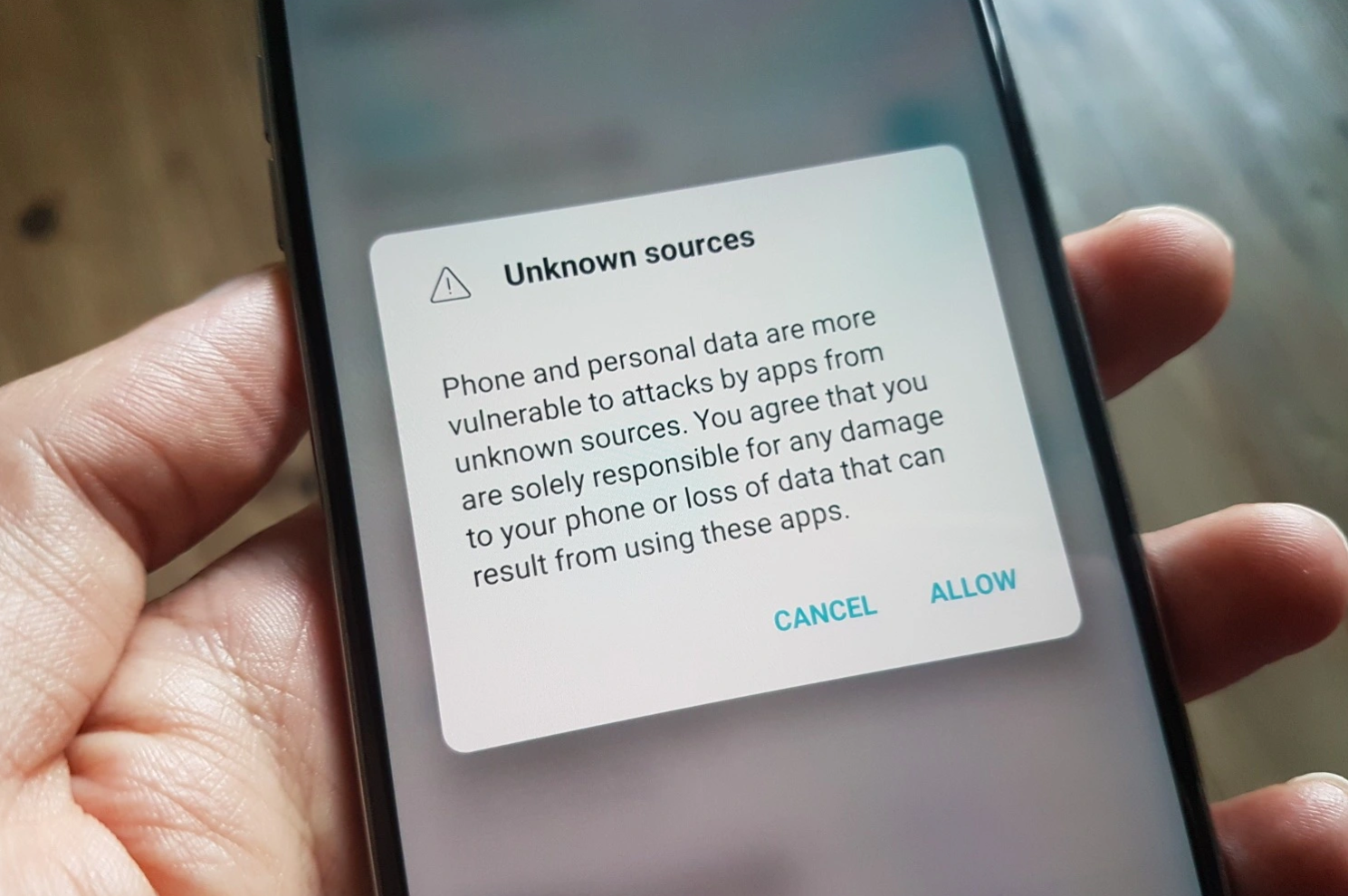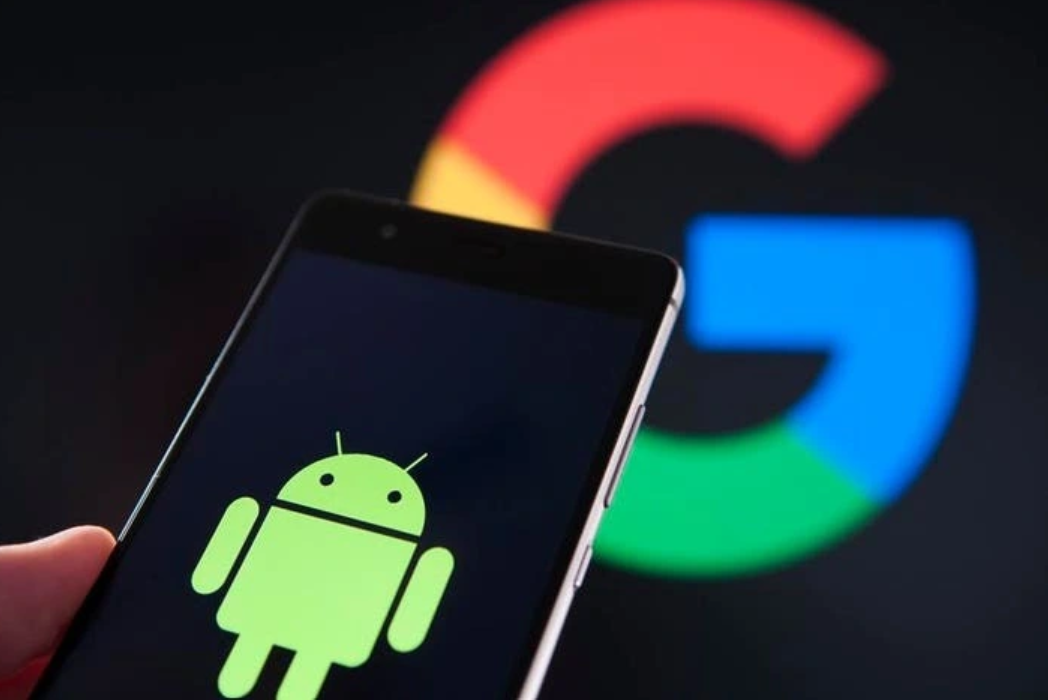Best Selling Products
Security or Restriction? Google Tightens Up Installing Apps from APK Files on Android
Nội dung
Under the new policy, installing APKs from outside sources will no longer be as simple as before. Users will face multiple layers of barriers, and this poses a challenge to a community that has long been accustomed to flexibility.

For over a decade, Android has been positioning itself as an open platform that empowers users to experiment and customize their own way. One of the most obvious examples of that freedom is the ability to install apps from external APK files without necessarily going through the Google Play Store. This is not just a technical feature, but also a symbol of the “open” spirit.
However, that openness is facing a historic turning point. According to GadgetMatch, Google has just announced plans to tighten the installation of applications from external sources (sideloading) on Android. This move, although justified for security reasons, has caused a lot of controversy in the technology community. It could end the "golden age" of freedom that is considered a specialty of Android, and at the same time raises a big question: will users still truly own their devices, or will they have to live under a framework of tighter control from Google? In a certain perspective, this change is not just a technical decision but also a strategic message. It reflects a change in Google's approach to the Android ecosystem, and at the same time, it suggests a broader debate about the boundary between security and freedom .
1. Android users will have difficulty installing apps from APKs
For years, the ability to install apps from APK files has given Android a significant competitive advantage over iOS. While the Apple ecosystem is notoriously closed and heavily censored, Android offers users virtually limitless options. With just an APK file downloaded from the Internet, users can install any app, even if it is not available on the Google Play Store.
This has fostered a huge community of people who love freedom and creativity. Many applications distributed through external repositories such as APKMirror, Aptoide, or Amazon Appstore have become familiar tools for millions of users. The culture of “APK sharing” has even become a part of technological life: from experiencing early updates, testing region-restricted applications, to installing mods or custom software that Google does not allow on the Play Store.
But now, that era is slowly coming to an end. Under the new policy, installing APKs from outside sources will no longer be as simple as before. Users will face multiple layers of barriers, and this poses a challenge to a community that has long been accustomed to flexibility.

According to Google's official plan, starting in late 2026, any developer who wants to distribute their app as an APK file for users to sideload will have to go through an identity verification process. In other words, before users can install the app, Google will demand to know exactly who is behind it.
Google compares this process to “an airport ID check.” It only confirms that the developer exists and is legitimate, not the contents of the app, much like a passenger would have to show ID without having their entire bag searched. In theory, this makes sense: users know they’re downloading apps from a known source, rather than an anonymous developer who can’t be traced.
In practice, however, this process can open up many complicated consequences. Once Google has the power to verify identities, it also indirectly has the power to reject or block any developer, for reasons of “inappropriateness”. This turns Google into a new “censorship gate”, instead of maintaining the inherently open nature of Android.
2. 50 times higher risk of malware infection from third-party applications
Google's justification for the change is cybersecurity. According to internal statistics, Android users are up to 50 times more likely to be infected with malware when installing apps from outside sources than when downloading from the Play Store.
These numbers are not just warnings. In fact, a series of cyberattacks have exploited fake APK files to infect millions of devices with malware. Many seemingly harmless apps such as flashlights, entertainment games, or photo editing apps have hidden trojans, spyware, or banking data theft software.
To some extent, users themselves contribute to this risk. The habit of downloading cracked apps, modded software, or banned tools has turned sideloading into a fertile ground for hackers. With smartphones increasingly being linked to e-wallets, bank accounts, and personal data, this security risk is becoming increasingly serious.
So Google adding a layer of security can be seen as a necessary solution. But the price is the freedom that is considered to be in the DNA of Android.

While the new policy is considered reasonable from a security perspective, it also means that Google has a huge new power: the ability to block any developer or app it deems “inappropriate.” This can happen even if the app is completely safe and does not contain malware.
The tech community is concerned that Google will use this power not only to protect users but also to protect its own business interests. By tightening the screws on sideloading, Google could indirectly force many apps back to the Google Play Store, where they have to comply with regulations and share revenue. This is a “game” where the losers are likely to be small developers and freedom-loving users.
Some experts have also warned that if Google can arbitrarily refuse verification, Android could gradually lose its inherent diversity and competitiveness, becoming a tightly controlled ecosystem similar to iOS.
3. Google reassures developers
In response to concerns, Google was quick to reassure the developer community, insisting that the new policy is not intended to prevent software distribution on third-party app stores. Platforms like the Amazon Appstore, APKMirror, and Aptoide can still exist as long as they comply with identity verification regulations.
But the reality remains a question mark. If the verification process becomes too complicated or expensive, it will hurt independent developers, small startups, and the open source community. Google’s promise of an open ecosystem may be a theoretical one, but in practice, control remains in their hands.

The irony is that while Android is becoming more closed, Apple is opening up.
Under European Union regulations, Apple has been forced to allow iPhone users in Europe to install apps outside the App Store. This is seen as a major turning point, breaking the "wall" of censorship that Apple has maintained for many years.
The paradox here is that Apple is being forced to open up, while Android is voluntarily closing down. The balance between two seemingly opposing ecosystems is showing signs of reversing. This puts users in a new situation: if Android was once a symbol of freedom, and iOS a symbol of restraint, in the future, the line may become more blurred than ever.
4. Pilot in four countries before expanding globally
Google said the new policy will be piloted in four countries: Brazil, Indonesia, Singapore, and Thailand by the end of 2026. These are markets that share a high Android adoption rate and are also where sideloading is very popular.
The choice of these countries for testing is not random. They will be a “real-world laboratory” for Google to gauge user and developer reactions before expanding the policy globally in 2027.
If the pilot is successful, Google will have more evidence to back up its claim that the new solution is both secure and viable. But if it encounters negative reactions, it can tweak the process before rolling it out more widely.

There is no denying that the policy of tightening the ban on installing applications from unknown sources is a historic turning point for Android. It marks a change in the way Google defines the concept of “freedom” on this platform.
For more than a decade, Android has existed as an alternative to iOS, where users can take control of their devices and push boundaries. But now, under pressure from cybersecurity, commercial competition, and global regulations, Google is increasingly prioritizing security over freedom .
This may be a step in the right direction to protect billions of users from malware risks. But it could also undermine the very nature that has made Android the world’s number one mobile platform. The most important question now is not whether Google will implement this policy, but how it will do it, and whether there will be room for a truly “open” Android in the future.












































